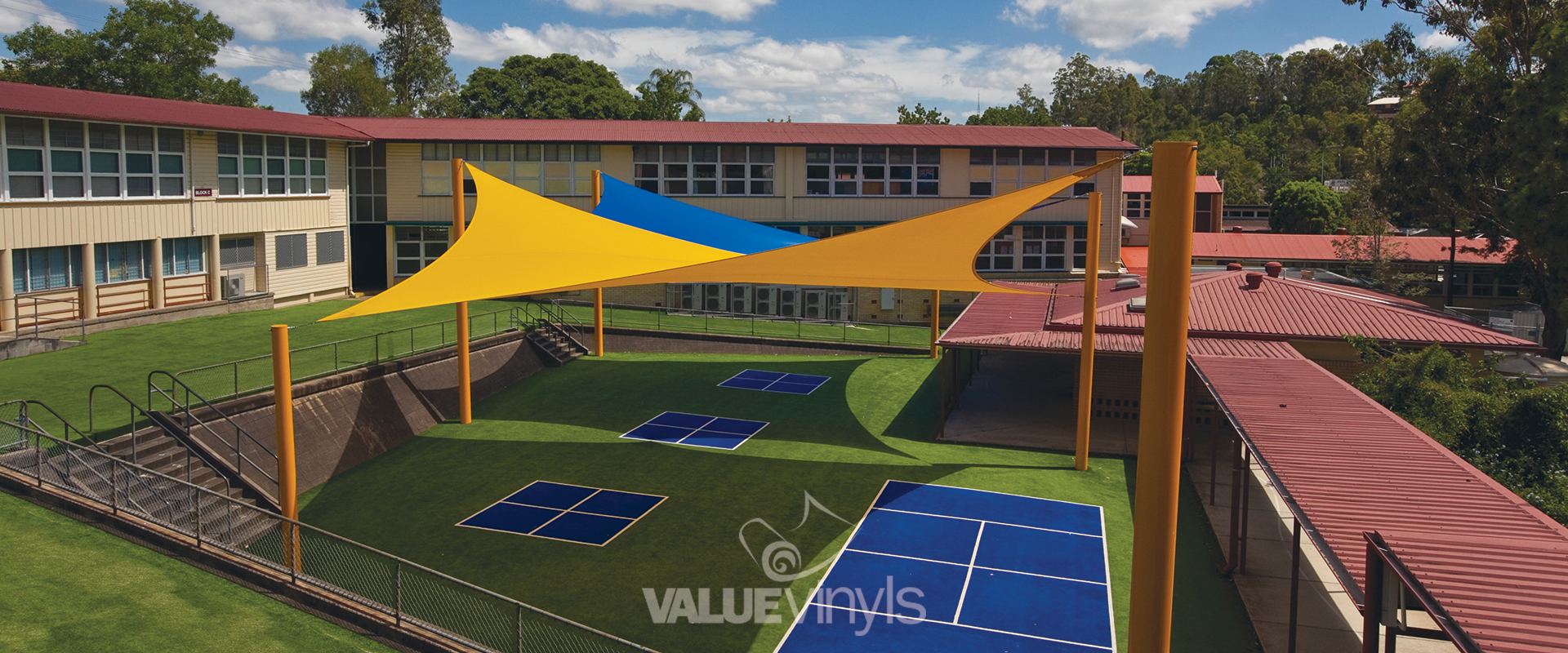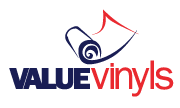
By: Marc Shellshear / Dr. Shade
Typical testing for shade cloth is as important as the fabric itself! The reason is evident; when you spend the time and money to build an expensive structure that holds the shade cloth itself, you want the fabric to withstand all elements.
In this article, we are going to discuss typical testing for commercial shade cloth. There are several tests that are considered standard tests. Australia leads the globe in shade cloth protection so their standards are the benchmark for testing shade cloth, most companies test to Australian standards. Value Vinyls is the sole distributor and stocks a full-color line of Monotec 370 Shade Cloth, manufactured in Australia.
First is a simple test used to determine the weight of the fabric, however, weight doesn't always equate to strength. There are many fabrics on the market that are lighter than others but still outperform in the field of overall strength. It has everything to do with the way in which they are knitted. Monotec 370 shade cloth is one of the highest in weight and later in this article, I will discuss the strength factors. The test standard for this test is AS2001.2.13
Next is a breaking force test; because knitted fabrics are opposite of woven fabrics, the warp yarns are traditionally the weaker of the two yarns. Breaking force tests are performed in both the warp and weft directions of the fabric. The Monotec shade cloth outperforms other products in both the warp and weft fibers in terms of braking force. The test standard for this test is AS2001.2.13
Another test is elongation, which is important because it determines how much pre-stress you can put on the fabric and determines the difficulty involved with patterning the fabric as you must account for the stretch factor when patterning. When it comes to elongation, the lower the number the better as that means less patterning concerns and the ability to tension on-site without possibilities of fabric stretching once it conforms to the environment. The closer the numbers are between the warp and weft also determine dimensional stability in the knit pattern itself. The Monotec product has a 24.4% differential in
warp and weft. Monofilament yarns unlike tape yarns, have memory and do return to their original shape and size if stretched. Monotec 370 is one of the few all-round monofilament fabrics on the market today and can stretch over 50% under load (IE: snow) and still return to its original shape and size. The test standard for this test is AS2001.2.13
Then there is the tear resistance test, which is just as it states; the ability to resist tearing and nothing in the market today resists tearing like Monotec 370 Shade Cloth. Tear resistance is also measured in both the warp and weft directions. The test standard for this test is AS2001.2.13
A final test looks at bursting pressure and bursting force which is the ability to resist impact tested in two different methods and again nothing will outperform the Monotec 370 product. The test standard for this test is AS2001.2.13
Finally, one of the most important factors to consider when evaluating shade cloth is the Warranty it carries. Monotec offers the best warranty in the industry and has an award-winning reputation internationally. The life of the shade cloth depends on the construction and more importantly the quality of the UV stabilizer in the material of the shade cloth. Because the shade cloth absorbs some of the UVR, a shade cloth with less UV stabilizer may break-down, or fail in sunlight faster than other fabrics. This is the primary reason Monotec offers a 15-year warranty against UV failure.
If you want to learn more about Monotec 370, contact me, Dr. Shade at marc@valuevinyls.com or call us at 877-959-7902, as we have the published data for most of our competitors and can provide you with the tools to compare Monotec to any of the competitors.







